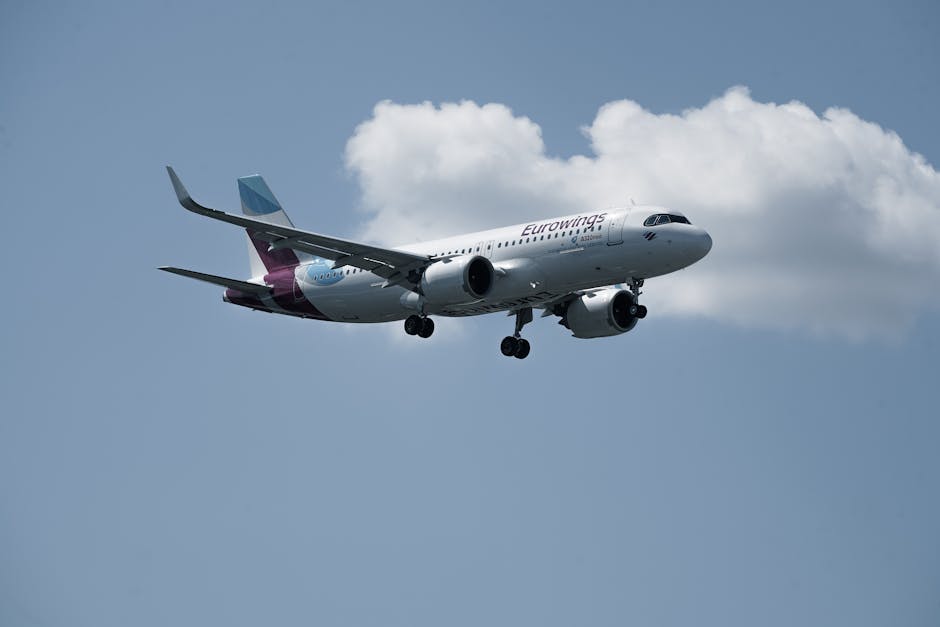Incident Overview
On Sunday, September 1, 2025, European Commission President Ursula von der Leyen's aircraft encountered issues with its GPS signal while approaching Plovdiv airport in Bulgaria. The incident sparked a series of claims and denials regarding potential interference.
Initial Claims and Response
The aircraft, tracked by Flightradar24, showed good GPS signal quality throughout its entire route. However, some media outlets and EU officials alleged that the plane was subjected to GPS signal jamming or interference. A spokesperson for the EU accused Moscow of 'blatant interference' and claimed the aircraft was subjected to electronic jamming.
Flight Details and Tracking
Flightradar24 reported that the aircraft arrived only nine minutes later than scheduled. The flight-tracking service noted that the plane's transponder reported good GPS signal quality from takeoff to landing. This contradicts claims that the aircraft was in a holding pattern for an hour due to GPS issues.
Bulgarian Government's Shifting Stance
The Bulgarian government initially dismissed possible Russian involvement in navigation issues experienced by von der Leyen's plane. On September 4, Bulgarian Prime Minister Rosen Zhelyazkov told Parliament that the European Commission president's plane had not been subjected to interference but only to a partial signal disruption, common in densely populated areas. However, a few hours later, the Bulgarian government changed its position, suggesting that interference might have occurred.
Official Response and Investigation
Bulgarian Transport Minister Grozdan Karadjov initially denied any evidence of GPS signal interference during von der Leyen's flight. Later, Bulgaria's Prime Minister stated there was 'no evidence' of 'prolonged interference or jamming' of the GPS signal around Plovdiv airport at the time of von der Leyen's landing.
Expert Opinions and Implications
Experts remain divided on the issue, with some supporting Russian spoofing allegations. NATO said it was working to prevent Russian GPS jamming after the incident. The EU has vowed to continue investing in defense spending in light of the incident.
Conclusion
The incident involving von der Leyen's plane has raised questions about the vulnerability of GPS signals to interference and the potential for hybrid warfare tactics. While claims and denials continue, the exact nature and cause of the GPS signal disruption remain unclear.
Background
The incident occurred amid heightened tensions between Russia and the European Union. The use of GPS jamming or spoofing has been a concern for aviation and defense experts.
Investigation and Analysis
Further investigation and analysis are required to determine the exact cause of the GPS signal disruption experienced by von der Leyen's plane. The incident highlights the need for robust measures to protect against GPS interference and ensure aviation safety.
Technical Aspects
GPS jamming or spoofing involves disrupting or manipulating GPS signals to deceive receivers. This can have significant implications for aviation, navigation, and defense systems.
International Response
The international community, including NATO and the EU, is taking steps to address the issue of GPS jamming and interference. This includes investing in defense spending and developing strategies to prevent and mitigate such incidents.
Future Implications
The incident has significant implications for the future of aviation and defense. It highlights the need for cooperation and coordination to address the growing threat of GPS interference and ensure the safety and security of air travel.
